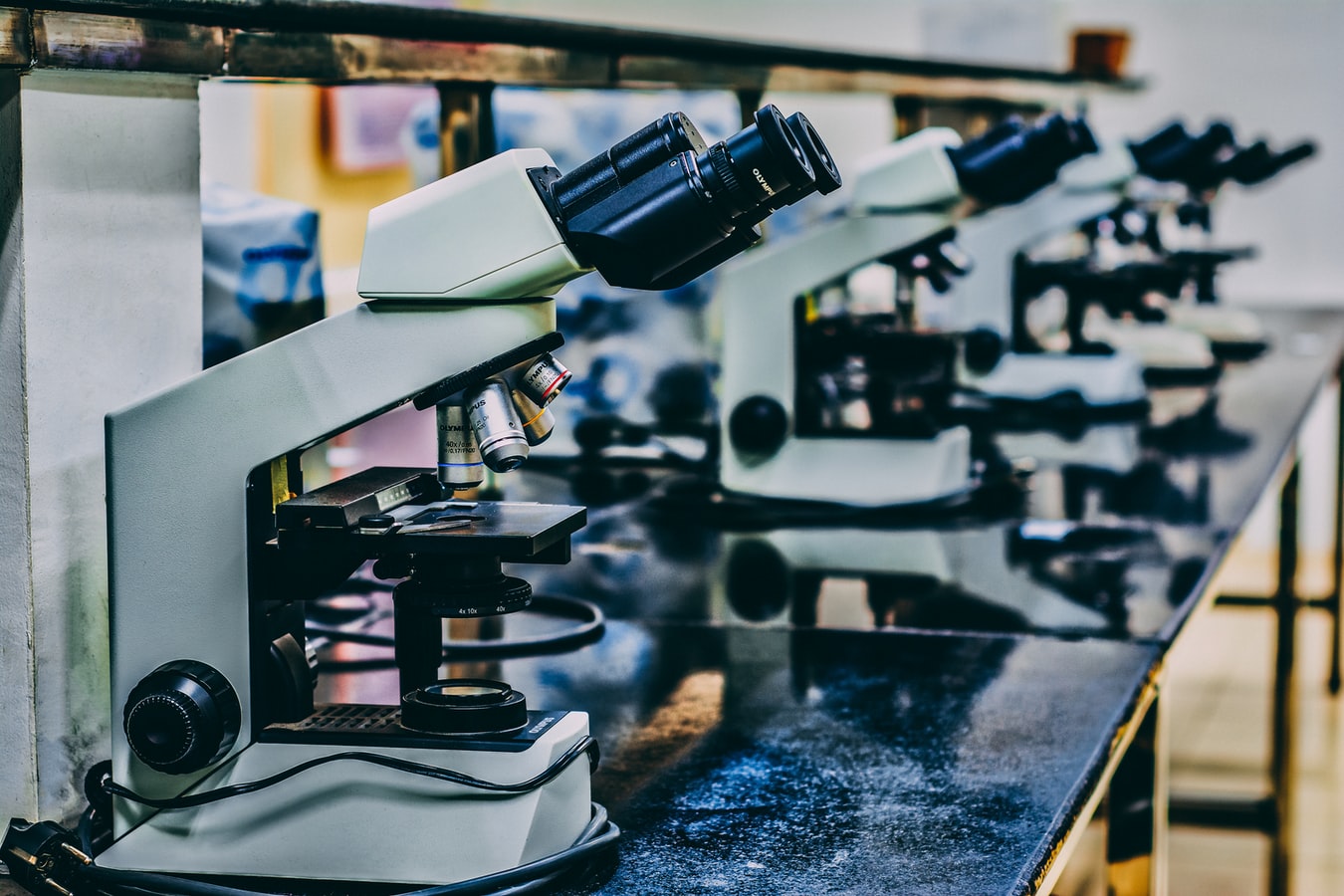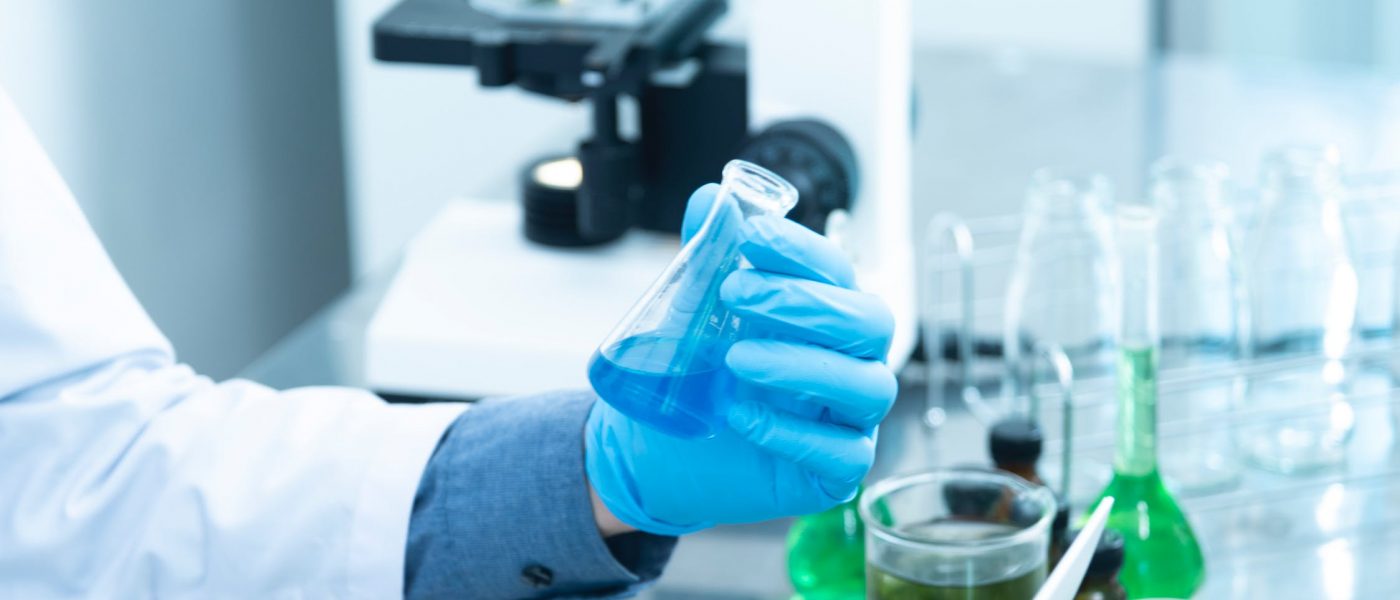Creating Biomedical Innovation Trusts
Establishing new not-for-profit, private-public partnerships, biomedical innovation trusts, could allow corporations and individuals to obtain federal tax credits to boost research on diseases with a high priority. These trusts could be administered by new regional public entities or decentralized new foundations, and be directed at small companies, freestanding laboratories, universities, or specific diseases. Tax incentives of a similar nature have been used before to preserve lands, build factories, and create parks.
Creating a New Category of Bonds
One innovative way to boost biomedical research is through the creation of biomedical research bonds. The federal government and states could issue bonds to boost research on health services and biomedical sciences, with an emphasis on diseases essential to public health and high-risk research. Similar bonds have been used before to support roads, athletic facilities, and airports. They offer a means through which private investment can be used to cater to public needs.
Focusing on Targets that are Cost-Effective
While new technology has a wide array of clinical benefits and creates value for the economy, we must also consider the clinical costs involved. In an age where many people are in favor of public policy objectives to guarantee a fundamental level of care for all individuals and a decrease in the rate of increase of aggregate spending on healthcare, the technological imperative will certainly face a strident challenge. Therefore, we should develop incentives for biomedical researchers to focus on common diseases, those that are expensive, cannot be effectively treated or prevented, and significantly affect a patient’s health. Although such kinds of decisions are onerous, they are inescapable.
Adopting More Realistic Objectives
The scientific process is complex, and we must be realistic about what and what not to expect from it. We should avoid overpromising in the scientific process. This kind of realism will not always be popular with company investors, benefactors, politicians, the press, or patient advocacy groups. These groups have an incentive to overstate their case. Overpromising in science may erode trust in the process. Paradoxically, being realistic about what and what not to expect is beneficial to the scientific process since it fosters openness, and the pressure to develop premature findings.
Redefining the Terms of Conflict
Finally, medical practitioners must recognize that individuals with a public health perspective or those who view economic and social factors as paramount will not favor boosting the technologically driven momentum of the last sixty years. Consequently, there is a growing conflict over preferences of regulation versus competition, perceptions of value, the true technological cost over a lifetime, accessibility of the latest device or drugs, and individual choice. These kinds of conflicts have for a while been implicit, but now they are explicit. Not all individuals believe that biomedical research is important.
Biomedical research is essential to the advancement of healthcare and the betterment of society’s well-being. Only by understanding this can we take more serious approaches to improve it.…


